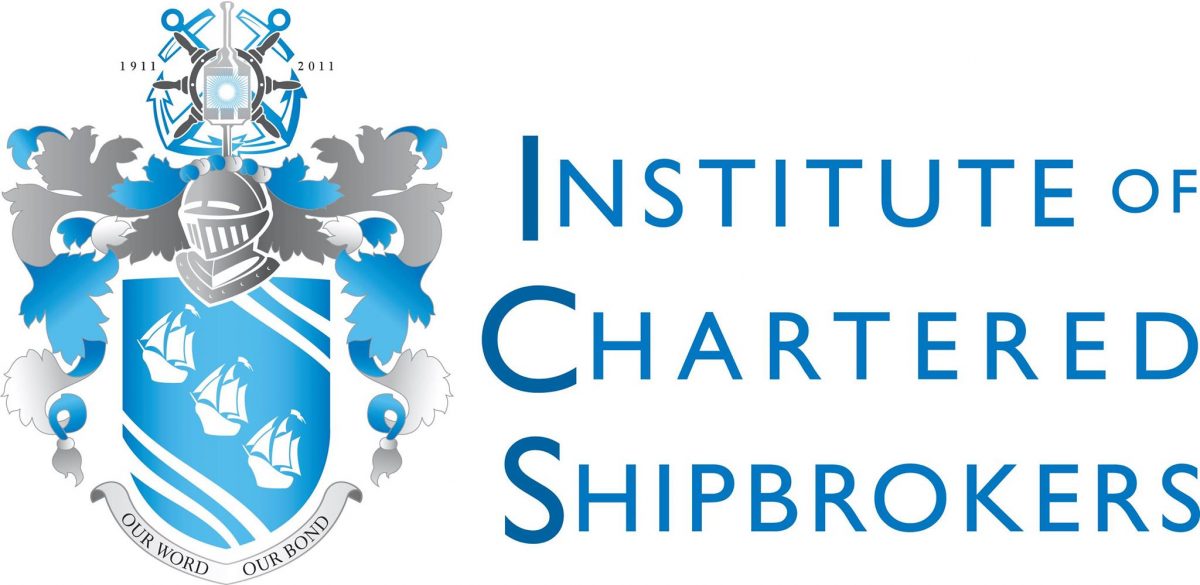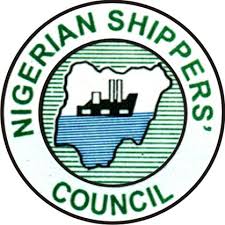 Vincent Toritseju
Vincent Toritseju
Lagos — THE Nigerian chapter of the Institute of Chartered Shipbrokers, ICS, has said that over-regulation of the Nigerian maritime industry has hampered innovation and flexibility in the sector, stating: “foreign investors and partners, as well as international community of ship owners, financial institutions and service providers, have not seen the motivation and incentives for them to play big in this sector.”
Speaking at the Annual General Meeting of the Institute, its newly elected Chairman, Barr Chris Ebare, in his acceptance speech said that in order to face the reality on the ground, Nigeria needs to do the right thing by getting policies right so that the industry will not remain underdeveloped under the current laws, particularly the Cabotage Act.
Ebare also said that there are countries with less maritime potential that have made huge successes from their little maritime resources.
He stated: “It is on record that maritime holds the key for Nigeria’s economic development and sustainability, considering its vast investment opportunities and potentials in shipping, port, and logistics, offshore support industry marine surveying, dry docking, ship repairs and conversion, fleet management, maritime law and finance, maritime education and training, seafarers training, research, and development to mention a few.
“But realizing these, however, the political and macro-economic instability, unattractive fiscal and monetary policy and over-regulated with very detailed rules and regulation and Cabotage regime in place hampered flexibility and innovation of the Nigerian maritime sector.
“In contending with the reality on ground, we need to do the right things and get our policies right so that Nigerian maritime industry will not be underdeveloped under the Cabotage Act.
“Evidently, we could see some countries that are less successful in protectionist measures against wealthy international ship owners, foreign investors and partners from around the world have gone through the same journey of Cabotage laws.
“Therefore, Nigeria should draw lessons from other countries such as the United Kingdom, Denmark, and Singapore and make it attractive to foreign investors to stimulate the growth of our GDP.
“Nigeria today needs to liberalize the maritime trade policy to produce many economic benefits to the nation such as job creation, foreign investment, and related maritime service providers that will enhance the economic growth and development.
“We must realize that times have changed, it is not rocket science to build a vibrant domestic shipping industry, it is doable and not caste on iron.
“And if we must face the fact as a people, we cannot live in self–delusion or deception to expect a better shipping industry. We should make it happen in our tenure.”
Follow us on twitter



